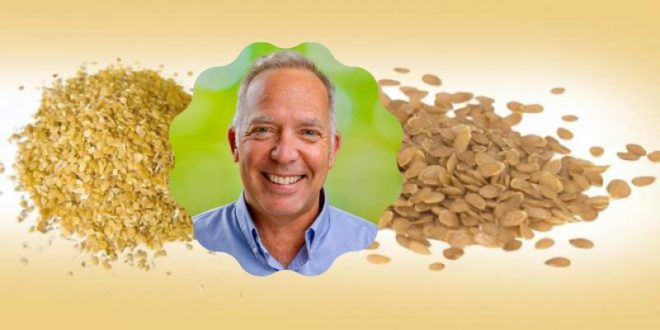#SeedPotatoes #AgriculturalInnovation #TechnologicalRevolution #Farmers #Agronomists #TradePolicies #ClimateResilience #IndustryCollaboration
In a recent revelation that is reshaping the agricultural landscape, the seed potatoes industry is undergoing a ‘paradigm shift.’ Charles Miller, an eminent figure in the field and the Director of Strategic Alliances and Development at Solynta, emphasized the critical need for an evolution in potato plant breeding and seed spuds production companies. According to Miller, this shift extends far beyond mere discussions around gene editing and new breeding techniques. It marks a comprehensive understanding of how technology can be harnessed to tailor seeds for specific environments, ensuring superior yields and enhancing farmer resilience against the challenges posed by increasingly unpredictable climatic conditions.
Miller’s insights shed light on the industry’s move toward embracing technology in a profound manner. It’s not merely about innovation; it’s about crafting seeds that are finely tuned to the unique requirements of diverse agricultural landscapes. This technological integration offers tangible benefits, prompting more regions to adopt these advancements. As acceptance grows, continuous research, education, and dialogue are becoming paramount. Industry stakeholders, governments, regulators, and farmers alike must engage in collaborative efforts to fully harness the potential of this transformative technology.
One of the key takeaways from Miller’s perspective is the indispensable role of stable and advantageous trade policies in ensuring the industry’s prosperity. Despite the thriving technological advancements, the seed potato business heavily depends on streamlined trade agreements and modernized phytosanitary rules. These policies are pivotal in making seed movement more efficient and advantageous for the countries involved. The International Seed Federation (ISF) estimated the global commercial market for planting seeds at a staggering USD 45 billion, with the U.S. contributing approximately 26% of this value, equating to roughly USD 11.7 billion. In the face of such substantial market dynamics, it’s imperative to have robust trade protections in place.
Miller underscored the significance of forums like the American Seed Trade Association’s (ASTA) meetings in fostering industry collaboration and innovation. These gatherings bring together diverse stakeholders, enabling them to collectively address current challenges. The outcomes of these discussions not only benefit the industry but also enhance the experience for customers and consumers. ASTA’s proactive approach fortifies the industry’s resilience and adaptability, ensuring its sustained growth even in the face of evolving challenges.
The ‘paradigm shift’ in the seed potatoes industry, as highlighted by Charles Miller, marks a transformative period. Technology, with its ability to tailor seeds for specific environments, is revolutionizing potato plant breeding and seed spuds production. However, the industry’s future prosperity hinges not only on technological advancements but also on stable trade policies and collaborative efforts among stakeholders. As we move forward, it is imperative to nurture this spirit of collaboration, ensuring that the agricultural sector remains resilient and adaptive in the face of ever-changing challenges.







